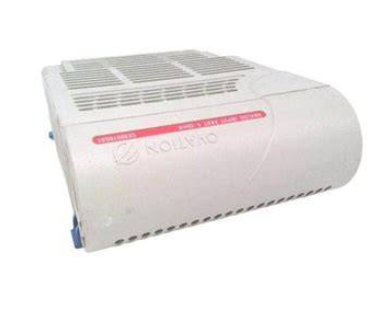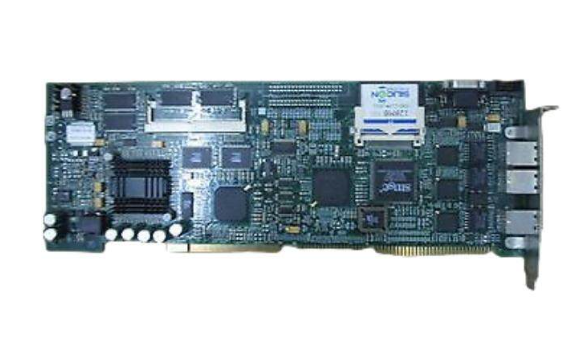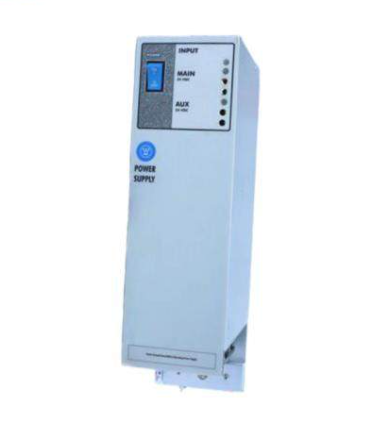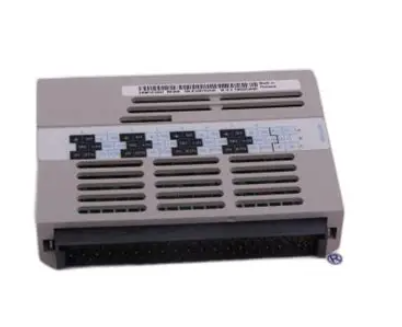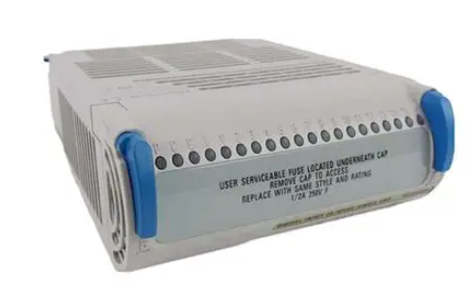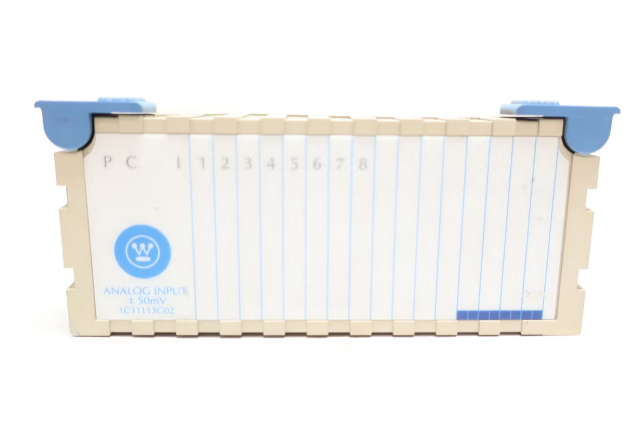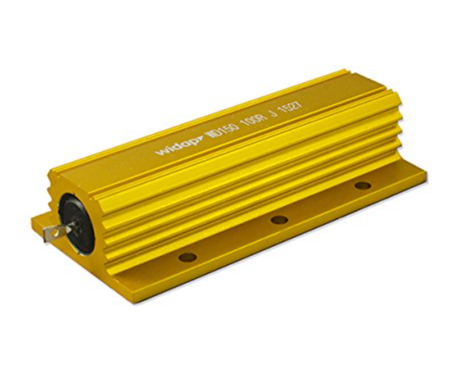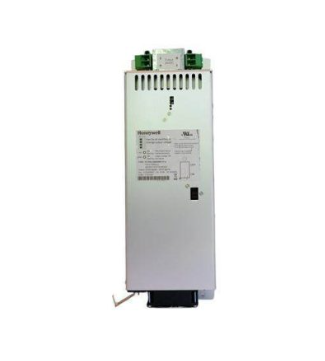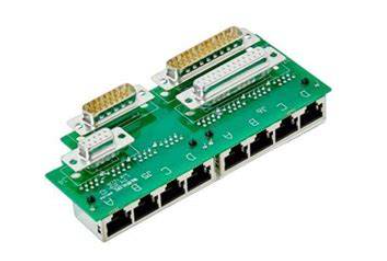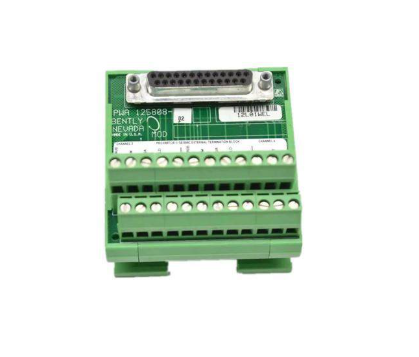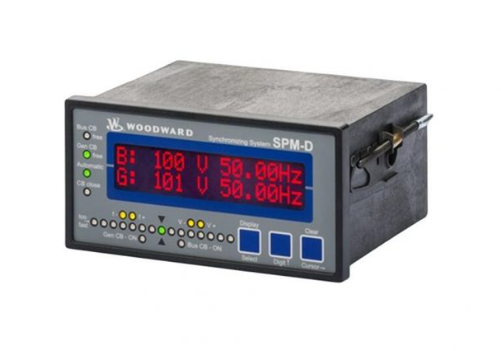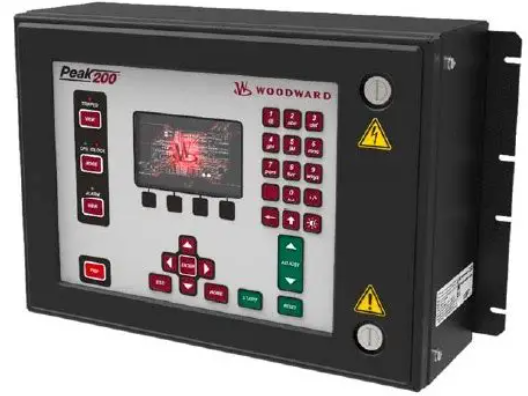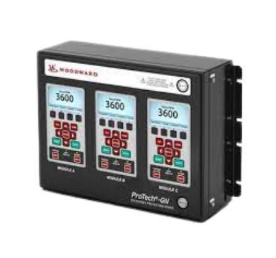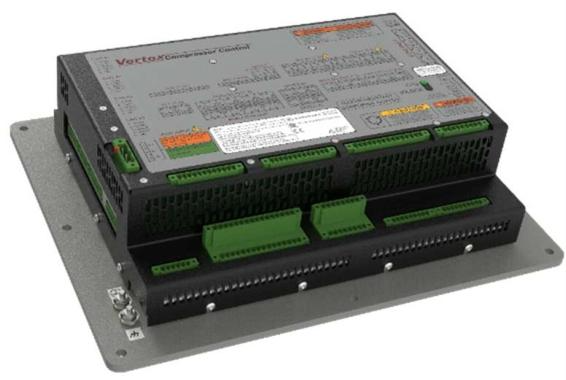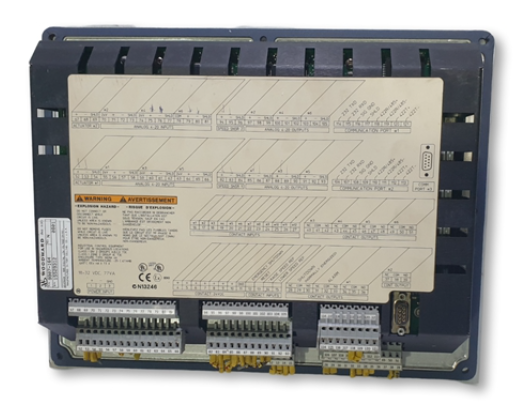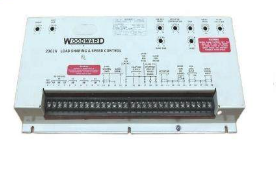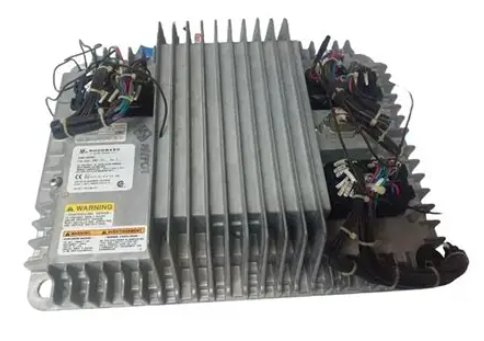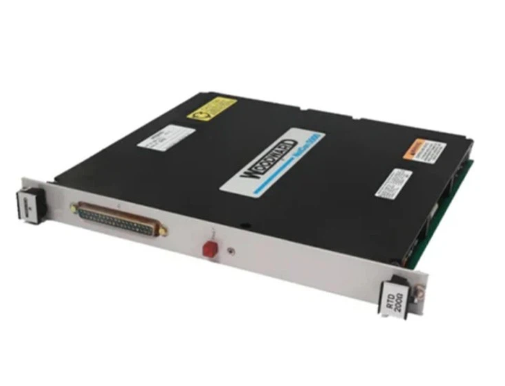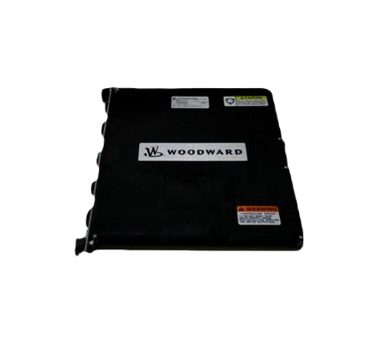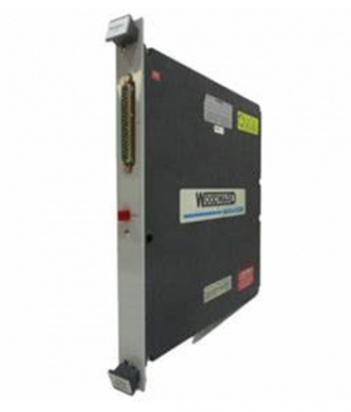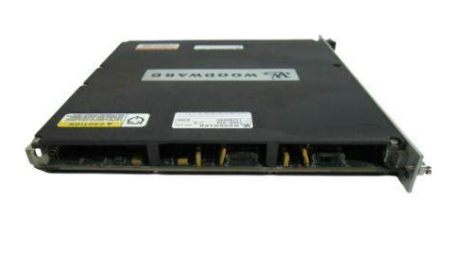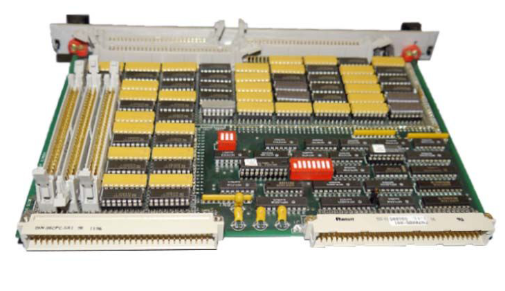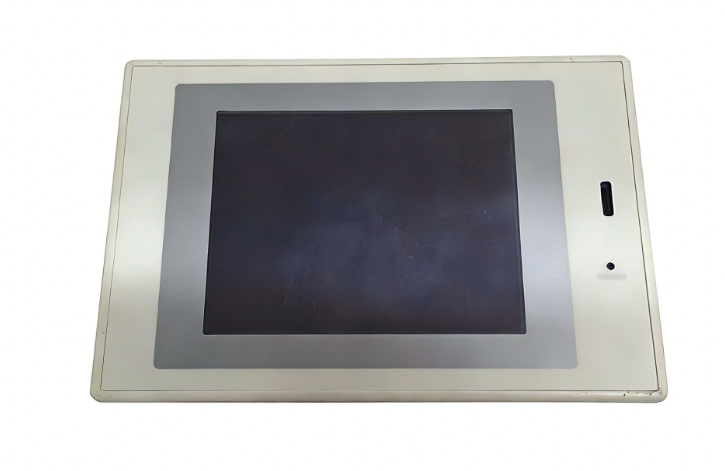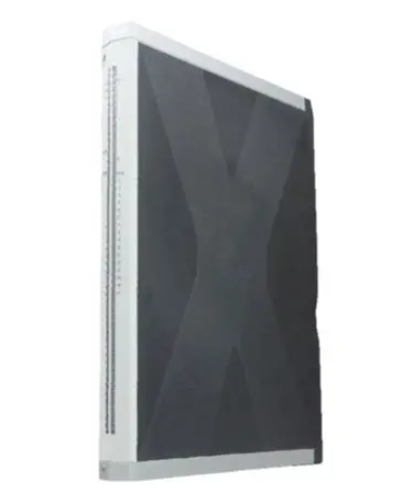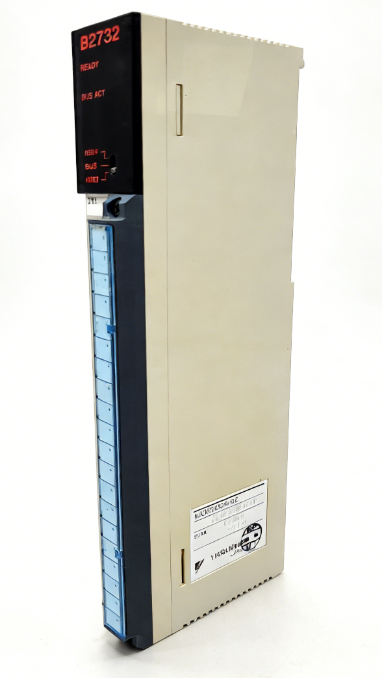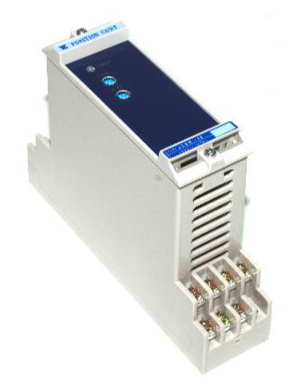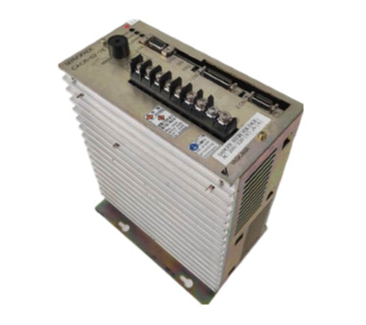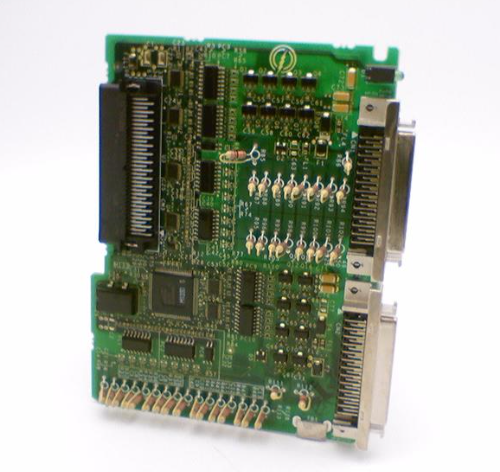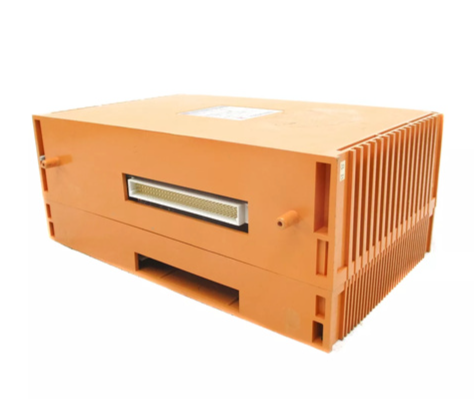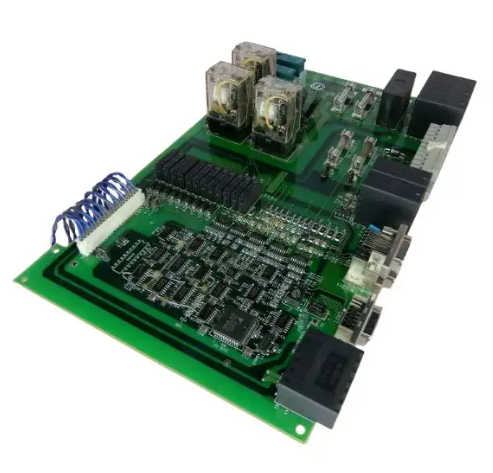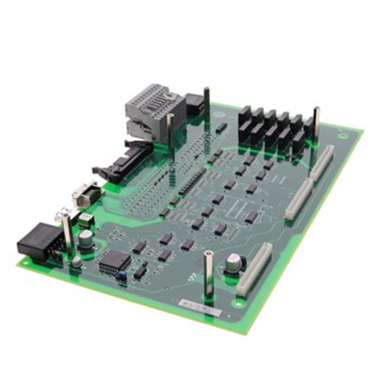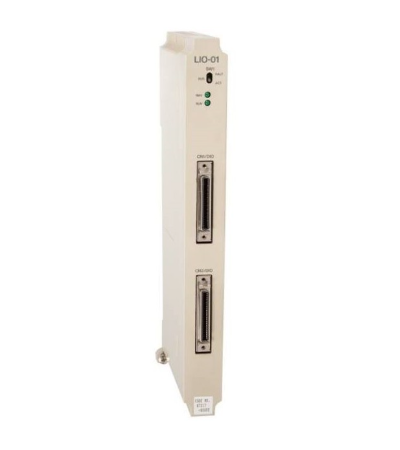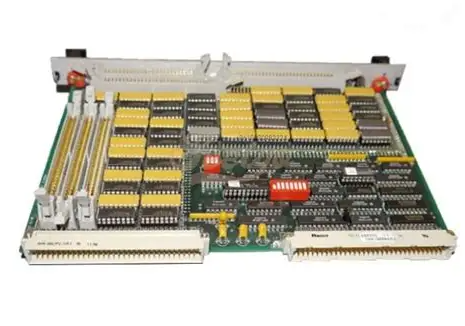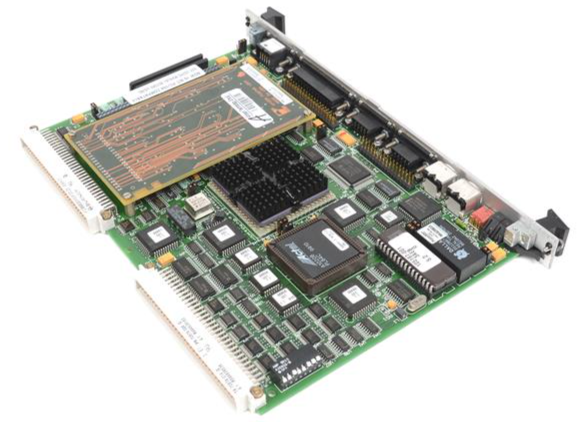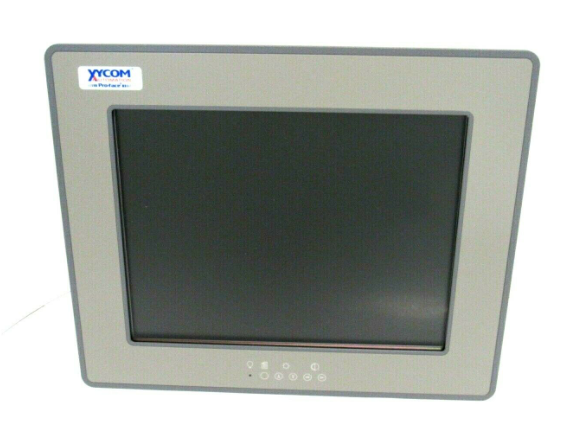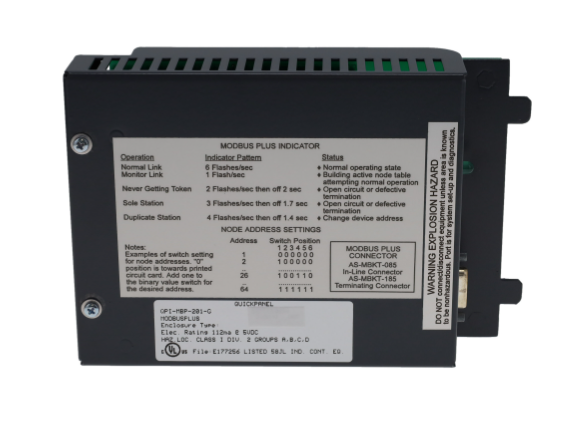ABB Advant Controller 31 Series 07 KT 97/96/95 Basic Unit Hardware
location:
The basic unit of the ABB Advant Controller 31 series intelligent distributed automation system supports independent operation or serves as a bus master/slave, suitable for industrial automation control scenarios.
Model classification:
07 KT 97: Standard model, supports up to 480 kB of user programs and 256 kB of user data, equipped with CS31 system bus, optional communication modules such as ARCNET, PROFIBUS-DP, Ethernet, etc.
07 KT 96/95: Simplified performance model with fewer digital input/output channels, no analog input or only supports basic functions (such as 07 KT 95 with only 4 analog inputs).
ABB Advant Controller 31 Series 07 KT 97/96/95 Basic Unit Hardware
Product Overview
location:
The basic unit of the ABB Advant Controller 31 series intelligent distributed automation system supports independent operation or serves as a bus master/slave, suitable for industrial automation control scenarios.
Model classification:
07 KT 97: Standard model, supports up to 480 kB of user programs and 256 kB of user data, equipped with CS31 system bus, optional communication modules such as ARCNET, PROFIBUS-DP, Ethernet, etc.
07 KT 96/95: Simplified performance model with fewer digital input/output channels, no analog input or only supports basic functions (such as 07 KT 95 with only 4 analog inputs).
Hardware specifications and functions
1. Core hardware parameters
Parameters: 07 KT 97 07 KT 96 07 KT 95
Digital input: 24 channels (3 groups, 8 channels per group, electrically isolated) 24 channels (3 groups, 8 channels per group, electrically isolated) 12 channels (2 groups, 6 channels per group, electrically isolated)
Digital output: 16 transistor outputs (2 groups, 8 channels per group, electrically isolated) 16 transistor outputs (2 groups, 8 channels per group, electrically isolated) 8 transistor outputs (1 group, electrically isolated)
Analog input: 8 channels (configurable as voltage, current, Pt100, etc., supporting differential input) -4 channels (only supporting voltage and current input)
Analog output: 4 channels (configurable as voltage and current output) -2 channels (current output)
Communication interfaces: COM1/COM2 (RS-232), CS31 system bus, optional ARCNET/PROFIBUS-DP/Ethernet COM1/COM2 (RS-232), CS31 system bus COM1/COM2 (RS-232), CS31 system bus
Storage and Expansion: SmartMedia Card (up to 8 MB), Supports CS31 Bus Expansion SmartMedia Card (up to 2 MB) SmartMedia: Card (up to 2 MB)
Power supply: 24 V DC 24 V DC 24 V DC
2. Key functions
Input/output flexibility:
Analog input supports multiple signal types (0-10 V, 4-20 mA, Pt100, etc.), and some models can be configured as digital inputs.
The digital output has short-circuit/overload protection and supports demagnetization of inductive loads.
Communication ability:
Standard RS-232 interface (COM1/COM2), supporting Modbus protocol for programming and data transmission.
Optional communication modules such as ARCNET, PROFIBUS-DP, CANopen, Ethernet, etc. are available to adapt to different industrial network architectures.
Data storage and backup:
Built in Flash EPROM to store programs and data, supporting SmartMedia card backup of user programs, firmware upgrades, and data storage.
Lithium battery (07 LE 90) backup RAM data and real-time clock, with a lifespan of approximately 5 years (25 ° C).
High speed counter:
Integrated high-speed hardware counter, supporting 7 working modes, with a maximum counting frequency of 50 kHz, used for position or speed monitoring.

Communication Protocol and Interface
1. CS31 system bus
Function: Used to expand distributed I/O modules, supporting up to 31 remote modules, with an expansion capability of 992 digital inputs/outputs and 224 analog inputs/outputs.
Connection: Connected through twisted pair cables, with a 120 Ω terminal resistor added at the end of the bus, supporting ring or linear topologies.
2. Optional communication module
ARCNET:
Based on the token passing protocol, it supports coaxial cables (RG-62/U) with a transmission rate of 2.5 Mbit/s, a maximum length of 300 meters per segment, and a maximum of 255 nodes.
PROFIBUS-DP:
Compliant with EN 50170 standard, supports RS-485, transmission rates ranging from 9.6 kbit/s to 12 Mbit/s, with a maximum of 126 nodes (via repeaters).
Ethernet:
Supports TCP/IP, UDP/IP, Modbus TCP, 10/100 BASE-TX interface, connected via RJ45, supports SNMP network management.
CANopen:
Based on CAN bus, supporting a transmission rate of 1 Mbit/s and up to 127 slave stations, suitable for distributed motion control scenarios.
Installation and maintenance
Installation method:
Supports DIN rail installation or wall screw fixation, with dimensions of 240 × 140 × 85 mm and a weight of 1.6 kg.
A SmartMedia card slot space needs to be reserved (with a 30mm clearance on the right side).
Maintenance points:
Regularly check the status of the lithium battery (replace it when the red LED is on).
The communication module needs to be matched with bus terminal resistors to ensure EMC compatibility.
Monitor I/O status, fault codes, and real-time clock through HMI or programming software (such as 907 AC 1131).
Application scenarios
Industrial automation: logic control and data acquisition in production line control, mechanical processing, and process automation.
Distributed system: As a master or slave, it connects to industrial networks such as ARCNET and PROFIBUS to achieve device linkage.
Motion control: Utilizing high-speed counters and CANopen modules to support servo motor or encoder feedback.
Building automation: Integrate into SCADA system through Modbus or Ethernet interface to monitor HVAC, power and other equipment.
Model comparison and ordering information
07 KT 97 R200 standard type, without built-in communication module GJR5 2530 00 R0200
07 KT 97 R0220 with built-in PROFIBUS-DP module GJR5 2530 00 R0220
07 KT 97 R0260 with built-in ARCNET module GJR5 2530 00 R0260
07 KT 96 R0100 No analog input, 16 digital outputs GJR5 2529 00 R0100
07 KT 95 R0100 4-channel analog input, 8-channel digital output GJR5 2528 00 R0100
Accessories: System cable (07 SK 90/91/92), lithium battery (07 LE 90), SmartMedia card (07 MC 90).
Summarize
The ABB 07 KT 97/96/95 series basic unit is a highly flexible industrial controller, suitable for small and medium-sized automation systems through rich I/O configuration and communication expansion capabilities. Its modular design and multi protocol support enable it to perform well in distributed control, motion monitoring, and remote communication scenarios. When combined with ABB programming software and bus systems, it can achieve efficient industrial automation solutions.
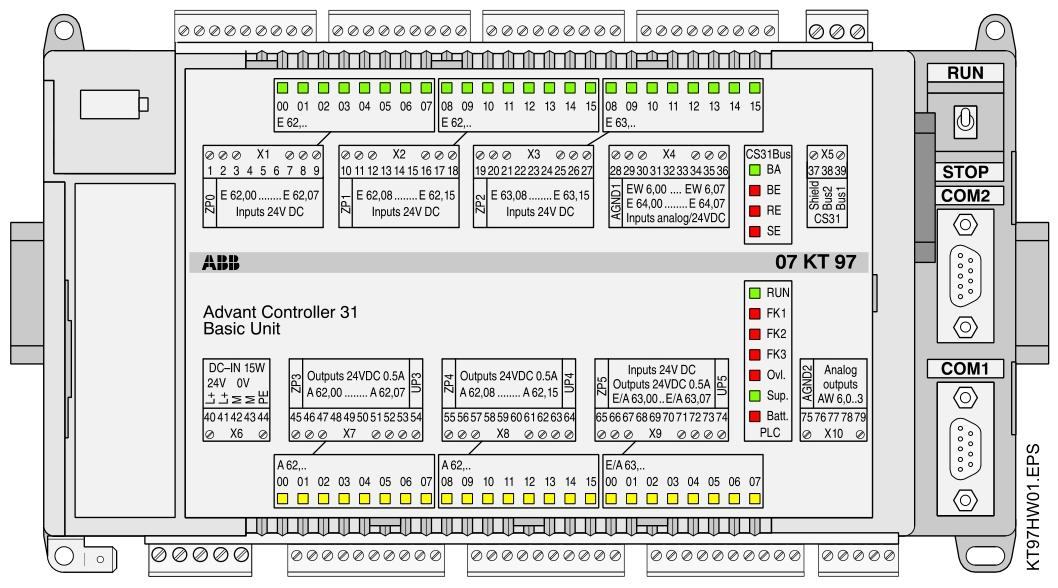
- ABB
- General Electric
- EMERSON
- Honeywell
- HIMA
- ALSTOM
- Rolls-Royce
- MOTOROLA
- Rockwell
- Siemens
- Woodward
- YOKOGAWA
- FOXBORO
- KOLLMORGEN
- MOOG
- KB
- YAMAHA
- BENDER
- TEKTRONIX
- Westinghouse
- AMAT
- AB
- XYCOM
- Yaskawa
- B&R
- Schneider
- Kongsberg
- NI
- WATLOW
- ProSoft
- SEW
- ADVANCED
- Reliance
- TRICONEX
- METSO
- MAN
- Advantest
- STUDER
- KONGSBERG
- DANAHER MOTION
- Bently
- Galil
- EATON
- MOLEX
- Triconex
- DEIF
- B&W
- ZYGO
- Aerotech
- DANFOSS
- Beijer
- Moxa
- Rexroth
- Johnson
- WAGO
- TOSHIBA
- BMCM
- SMC
- HITACHI
- HIRSCHMANN
- Application field
- XP POWER
- CTI
- TRICON
- STOBER
- Thinklogical
- Horner Automation
- Meggitt
- Fanuc
- Baldor



